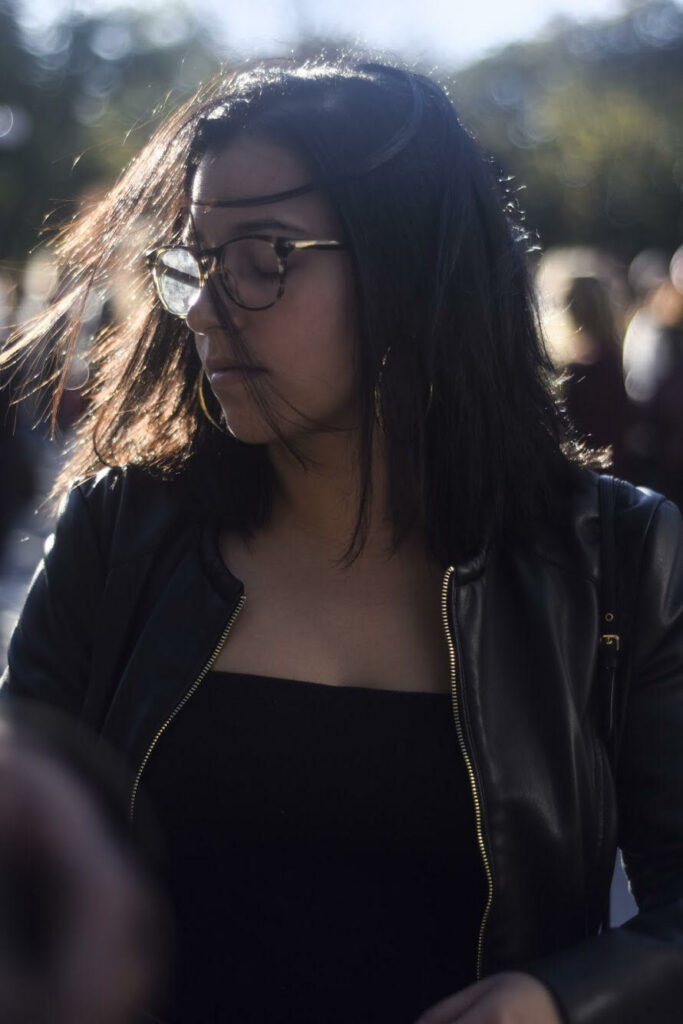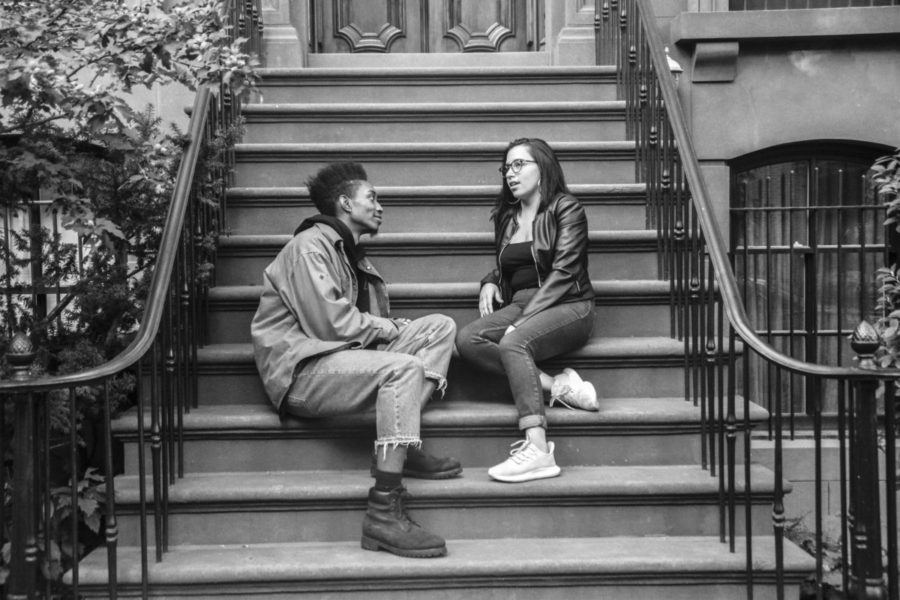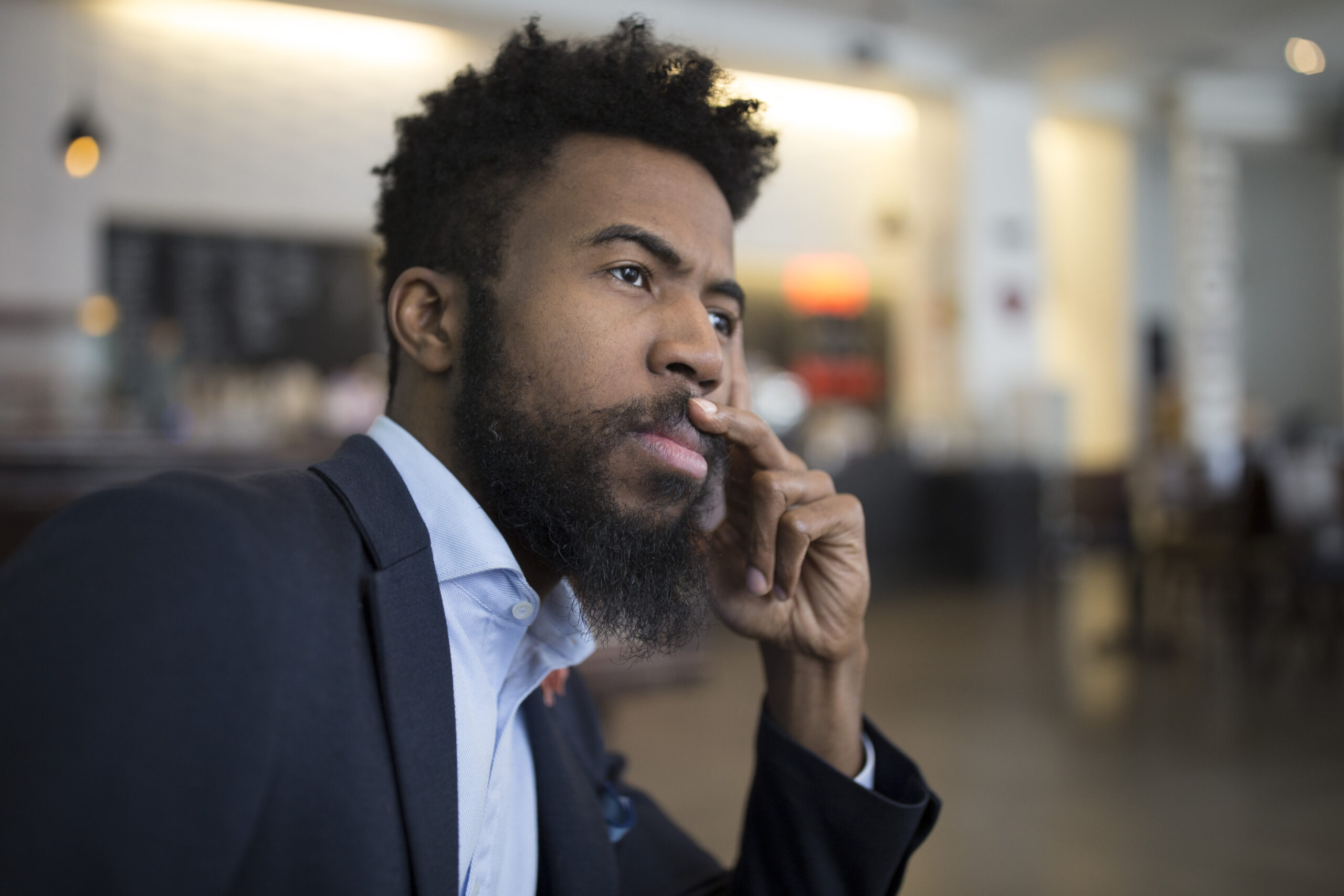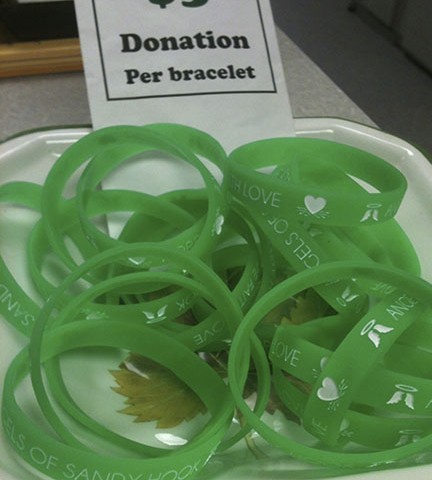For some writers, when we pick up a pen the world becomes an expansive wonder waiting to be explored and filled with our stories. We dream in words. We know the word dream to mean more than fantasy. Dreams, for some writers, have never solely been a result of good deep sleep; they are imperative—a life source. However, for some writers all of that is bull****. Many writers are wielding weighty pens, contemptuous even. Attempting to fight back years of doubt, fear, and the choral melody of “no” ringing through our heads. Writing for us is an act of building a catalogue of romantic images, maintaining histories, iconifying our grandmothers. Particular intention, even when unnamed, is at our forefront. The utility of writing for us is shifted from that of the formerly mentioned writers.
In which camp do your students fall? Not the whole class, but each individual student writer. How can being able to identify the stakes of writing for young writers enhance our ability to engage them in reading and writing? Or, what is the subject matter that will activate their pen and propel them out of trivial binaries and into an idea of themselves and the world, which is unnamable in its sweeping dreamscape?
This iteration of The Talk is graced by Lauren Routt, a second-year MFA student in The New School’s writing program and a former Teachers & Writers education associate. Lauren attended Haverford College for her undergraduate studies, majoring in Latin American and Iberian studies and minoring in education. Lauren’s creative work explores topics such as immigration and womanhood.
Lauren and I walked around Greenwich Village and settled in Washington Square Park. Amongst the squawking park-goers and performing pigeons, our conversation found peace in a kind of chaos teachers are intimate with, and in this capsule truth mattered most. Lauren is an archaeologist of truth, and taught me that sitting with students— bearing witness—is one way to shock their pens into vast exploration.
M.L. Thompson: Let’s start with where you’re from, where’s home for you?
Lauren Routt: I’m from Miami, the best city obviously! In Miami we are a bunch of chill people who love to eat. We eat arroz con pollo, empanadas, arepas. There is so much dancing and culture. I grew up with my grandmother. We danced in the mornings and went to church on Sundays. Miami is very family-oriented. I’m thankful now that I grew up there, but when I lived there I wanted to get out. I had no idea about how people lived in other places.
MT: How has your move to New York City been treating you? What do you do in the city?

LR: I do a lot of stuff by myself. I go to the museums, especially the Brooklyn Museum. I ride the train, read, and pick random stops to get off and just walk around the city. Then I write and sing.
MT: Walking through the city while singing is magical, and there are so many good places to stop and write. How were you introduced to writing?
LR: In Florida, we have the FCAT (Florida Comprehensive Assessment Test), and I always scored low so I hated school. I didn’t grow up enjoying writing. Then I got to high school and read Mrs. Dalloway by Virginia Woolf. From then on, I started writing about love and family. I write weird poems. The issue came when I showed my poems to my English teacher, a white woman, and she responded, “What is this?” She said, “Why are you giving this to me?” I told her, “Because you’re my teacher and I respect your opinion. I want you to look at it.” She didn’t have anything to say. Most of my writing I kept to myself until college. In college people encouraged my writing. I started doing spoken word, and I fell in love with so many spoken-word poets: Jasmine Mans, Alysia Harris, and others.
MT: Wow, those poets got me more into poetry too when I was in undergrad. I get the trouble with standardized tests also. They definitely contributed to horrible times in school, but what are some of your best moments as a student in the classroom?
LR: My friends kept school cool for me, and one teacher, Mrs. Russell. She was Jamaican and lived in my apartment building. In high school she was my biology teacher and became a mentor for me. Mrs. Russell kept me on the right track, and I would always go to her classroom after school. She let me chill and we talked about real things that I couldn’t talk about with my family.
MT: You mentioned you write weird poems. What themes are showing up in these pieces?
LR: I write what I see around me. I write a lot about immigration. Also, I am grappling with the fact that I am here in New York, far from family and friends, so I write about loneliness, and what it means to be alone in a city with so many people.
MT: So writing is a way for you to locate yourself? How else do you utilize writing?
LR: Writing saved my life. For a lot of people who suffer trauma, writing gives space to say what is inside of the soul that maybe couldn’t be put into words before. Writing for me is more than a hobby. It’s my way of figuring out my mind and figuring out who I am when I’m not around a lot of people, or when I am not morphing into someone else.
MT: Do immigration, place, loneliness come up as topics in your pedagogical practices?
LR: Yes definitely! But I think teachers should not assume that students want to talk about their home and their identity. We also should not assume what their identity is or what their home life is like. Students want to know the information they need to move forward. I’ve heard students say, “If I need to know these white men then teach them to me, and also teach me James Baldwin and Amiri Baraka.” I always try to ask my students what their curiosities are so I can add them into my lesson plans. When I taught in Miami, I set up a Suggestion Box in the back of my classroom. I learned so much from my students at that time! I try to practice reciprocity whenever I am in front of students by learning from them as much as they are learning from me.
MT: It is definitely important for teachers to come into the classroom with an understanding that students have a knowledge base we do not have access to, and an understanding that we can learn from students. It’s good to know that.

LR: Absolutely. A lot of what we’re doing [in my classroom] is because I see a need, but the students take [the subject matter] farther. For example when I brought in Amiri Baraka’s Why’s/Wise, one of the lines in the poem is “they won’t allow you to speak your language.” Some students stopped while reading it and look around saying, “He’s got bars!” Then I asked them, “What do you mean by that?” and the conversation developed into something really dope. When I was teaching in Miami I put together Social-Justice Summits for the students. My kids loved it! The first time I put together all of the topics. As we moved forward my students let me know what they wanted to discuss. They suggested police brutality, immigration, standardized testing, US relations. So then we would pull out paper and individually write out our argument about the chosen topic, and each student had to provide three pieces of evidence to support their argument. After that we discuss. We would ask each other why we thought what we thought, and opinions would shift.
MT: When you’re working with students on their writing around subjects that have tons of grief around them, do you make a point to debrief with them?
LR: Oh for sure! In the past, if they weren’t in a good headspace I would sit with them after school or invite them to have breakfast with me. Just talking with them more and offering some solutions brought some of the students relief. It is definitely important to give space to that debrief space afterwards. Teachers have to. Creating a strong relationship with students is important before trying to talk about sensitive topics.
MT: It would be an understatement to call our current socio-political moment crazy, and yet we teach. So as a teacher working with students right now, what would you say is your responsibility as a teacher?
LR: My responsibility is to do everything I can to provide my students whatever it is that they need, and most often in this political climate it’s the truth. The truth meaning, no matter where they are coming from, they can achieve their goals and dreams and aspirations. I think being a mentor and ally is important, and not in the way so many people are using those words now, but really speaking out against injustice when I see it happening. We see white people at protests but my question is, “What are you doing in your daily life?” Also we have to be genuine with the kids because they can smell someone who is disingenuous a mile away. Kids are very smart! They know when teachers aren’t being real and they know when they can’t trust us. So I have to be myself, as much of myself as I can, without crossing lines and boundaries.
This interview has been edited and condensed.
M.L. Thompson – @dreamyuncle
LaQuann Dawson Jr. – @laquanndawson
M.L. Thompson is a second-year MFA student at The New School and a Teachers & Writers Magazine editorial associate.
All photos by LaQuann Dawson Jr.
M.L. Thompson is a second-year MFA student at The New School and a Teachers & Writers Magazine editorial associate.



